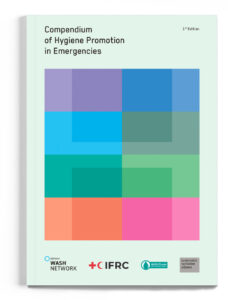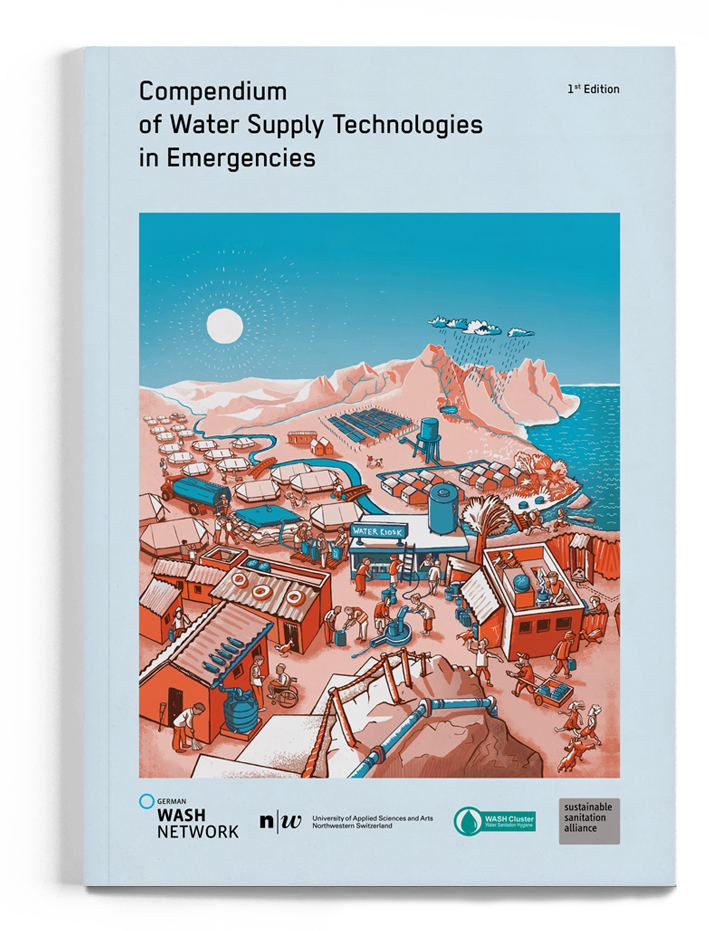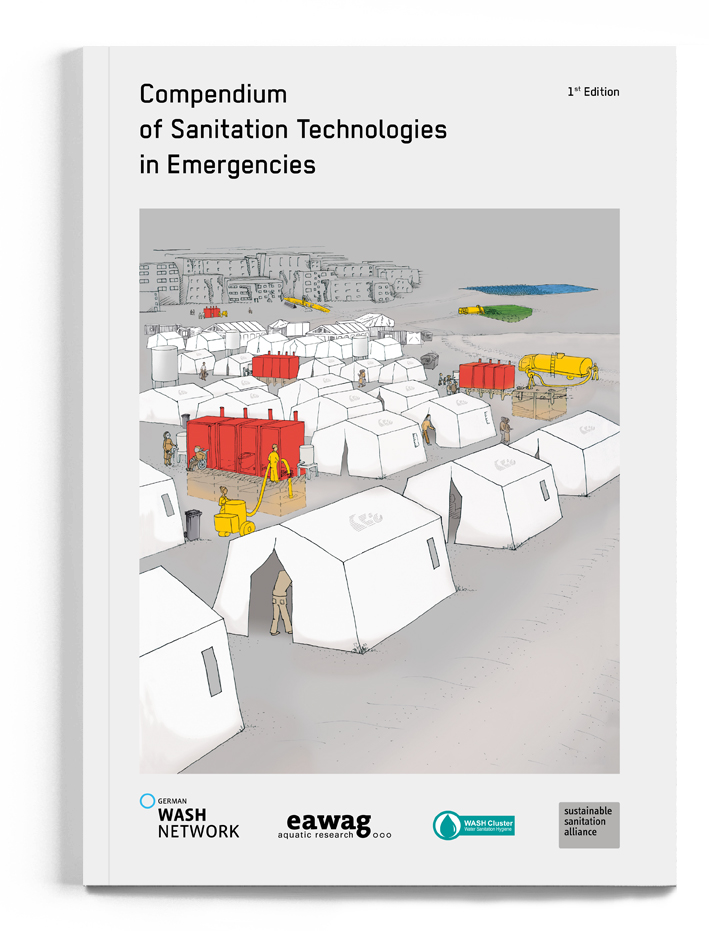Regional Exchange Forum

Event Report
The Regional Exchange Forum for the Asia region was held from 29 November to 1 December 2022 in Kathmandu, Nepal. The Forum consisted of a “practitioner stream”, feeding its results into a “high level roundtable event”. The practitioner stream was hosted and facilitated by Malteser International, with the support of the German Federal Foreign Office. The event culminated in a high-level roundtable, whose preparation was strongly supported by the UNICEF Regional Office for South Asia and the Asian Development Bank.
The results of the Regional Exchanges were used to revise the draft Joint Operational Framework, which is expected to be published in Q1 2023. The policy recommendations formulated by the practitioners were met with strong interest from the policy makers during the high-level round table. Widely disseminated throughout the region, these recommendations can inform relevant policy processes.
The following event report presents the 5 key recommendations and consolidates the feedback provided by the High-Level Roundtable.
| DOWNLOAD EVENT REPORT |
Background
Humanitarian, development and peace (HDP) actors are struggling to address key needs in relation to the provision of water, sanitation and hygiene (WASH) services. Whilst HDP actors are often still working in silos, emerging evidence shows that WASH resilience, sustainability and peace can only be reached through collaboration and coordination both within the WASH sector and at inter-sectoral level.
To trigger and guide HDP collaboration and coordination the Triple Nexus in WASH – Initiative 3.5[1] of the „WASH Roadmap 2020-25“, co-chaired by Global WASH Cluster, UNICEF, Sanitation and Water for All (SWA) and the German WASH Network is currently developing and soon publishing a “Joint Operational Framework: WASH Resilience, Conflict Sensitivity and Peacebuilding” (JOF). Stakeholder consultation and especially the inclusion of the perspectives of those persons who are implementing WASH services in the HDP nexus are a key aspect of the development and the operationalisation of the JOF. Therefore, WASH practitioners from Asia will be invited to participate in the Regional Exchange on “Building WASH Resilience and Sustainability” to discuss the challenges they face and how operationalising the JOF can help to overcome them.
Rational
One of the core elements of the WASH Triple Nexus is to promote coherence among the WASH sector practitioners and policy makers at all levels from regional to community. Therefore, the event will facilitate 1) an effective peer-to-peer learning exchange and 2) it aims to develop and consolidate practice to policy recommendations to improve WASH service provision in contexts prone to protracted and recurrent crises:
In the first two days WASH practitioners and relevant experts will identify common challenges and best practice in relation to the HDP nexus based on case studies and context presentations. Based on the results participants will develop and prioritise practice-to-policy recommendations in workshop session. Designated spokespersons will present the recommendations to a roundtable of policy- and decision makers and WASH sector/cluster coordinators from the region, which will be held in the afternoon of the third day of the forum. The roundtable participants will provide feedback and validate the policy recommendations, which will be consolidated and published in the follow up of the event. The meeting outcomes will be showcased at upcoming global events and fora.
Key Data
| Event | Regional Exchange Forum Asia – Building WASH Resilience and Sustainability |
| Date | 29 November – 1 December 2022 |
| Location | Kathmandu, Nepal |
| Region | South Asia |
| Language |
English |
| Participants |
Learning Exchange and Workshop (Day 1-3, in-person): H-D-P WASH practitioners and experts, and from other relevant domains like Disaster Risk Reduction & Management (DRM), Climate Change Adaption (CCA) & Climate Resilience |
| High Level Roundtable (Day 3, half-day, hybrid): WASH sector/cluster coordinators, decision- and policy makers, from all constituencies: Government, External Support Agencies (UN, Donors, Banks), CSO, Research & Learning, Private Sector and Utilities. | |
| Costs | Participation is offered free of charge. For the in-person event local accommodation (up to three nights) and catering will be covered on all three days. Travel costs are to be covered by the sending organisation. In addition there is a limited budget available to assist in (co-)financing travel costs up to a pre-defined limit for those organisations not able to fully cover travel expenses their own. In case you need support please indicate this accordingly in the registration form. |
Event Structure
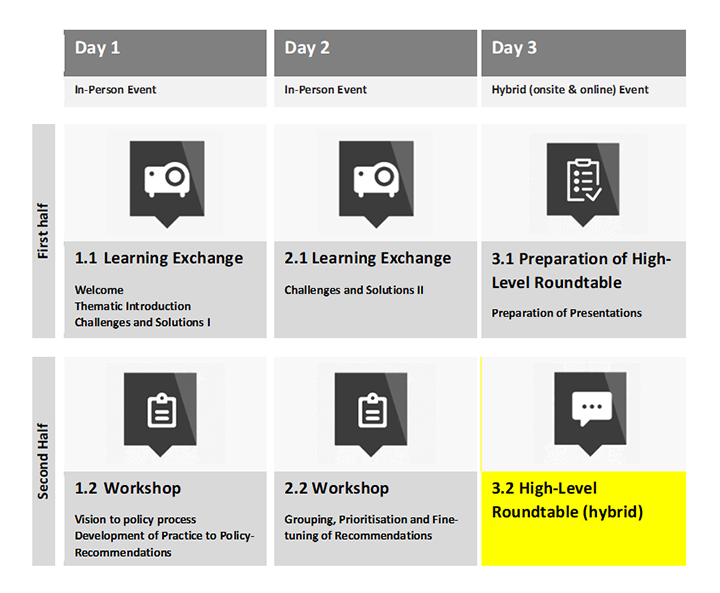
Application & Call for Inputs
| Application (in-person event) |
Nexus hubs: Organisations can apply on behalf of “nexus hubs”. “Nexus hubs” are multi-stakeholder teams, comprising different actors and constituencies collaborating in programmes/projects at the district level. Nexus hubs can apply with a single application to be filled by a main applicant. These nexus hubs can be composed of up to 4 persons and ideally represent at least one real local actor (Gov, CSOs, local business or utility etc). |
| Individual Organisations / Individuals: Individual applications via the same form will also be included in the selection process. |
|
| Case study requirements | The event aims at identifying common challenges and promising solutions in operationalising the Triple Nexus in WASH at the practitioner level. Only teams or individuals who submit a relevant case study potentially to be presented at the event are eligible to participate. Case studies can therefore be experiences from projects in which cross-sector collaboration takes place or collective outcomes are to be achieved (e.g. strengthening resilience incl. crisis prevention, mitigation, transition in and out of crisis, inclusion of vulnerable groups, sustainability, or conflict sensitivity and peace building). Case studies should include information on the context and its relevance for the H-D-P Nexus. |
| High-level Roundtable (hybrid) | The high-level roundtable is organised as a hybrid event and will be streamed to a broader online community. Information on the registration process will be provided here in due time. There is no formal process to propose a speaker or contribution to the high-level roundtable event. Relevant roundtable panelist are identified and addressed directly through the event organisers, UNICEF, WASH Cluster or national coordination platforms or SWA. |
Please apply until 3 November, 2022
| Application closed |
Please note:
- We strive for diversity, an equal representation of male and female participants, and a balanced mix of actor groups.
- We encourage real local actors to apply and participate in this training.
- We try to make the training as accessible as possible to people with special needs. Please indicate special requirements in the online application form.
[1] This initiative contributes to the Humanitarian WASH Roadmap 2020-2025 (Initiative 3.5). The initiative is led by the German WASH Network, Global WASH Cluster, Sanitation and Water for All and UNICEF and represents a partner consortium including ACF, GWN/Arche Nova, GWN/WHH, IFRC, IMC, IOM, PAH, Save the Children, Solidarités International and UNHCR.
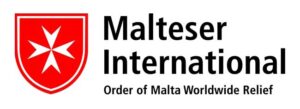

Supported by
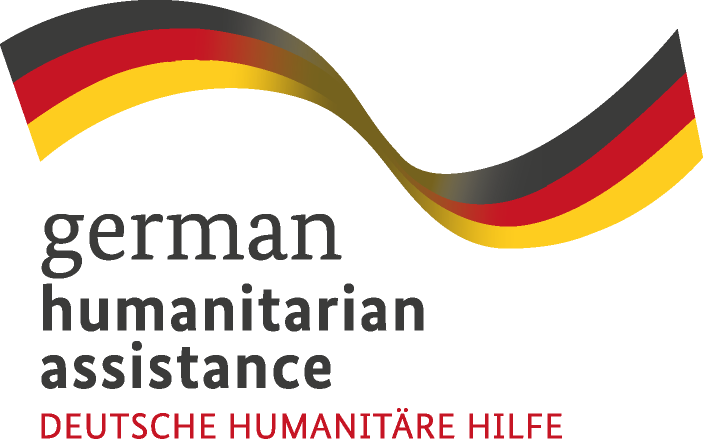
A Contribution to the “Triple Nexus in WASH – Initiative”
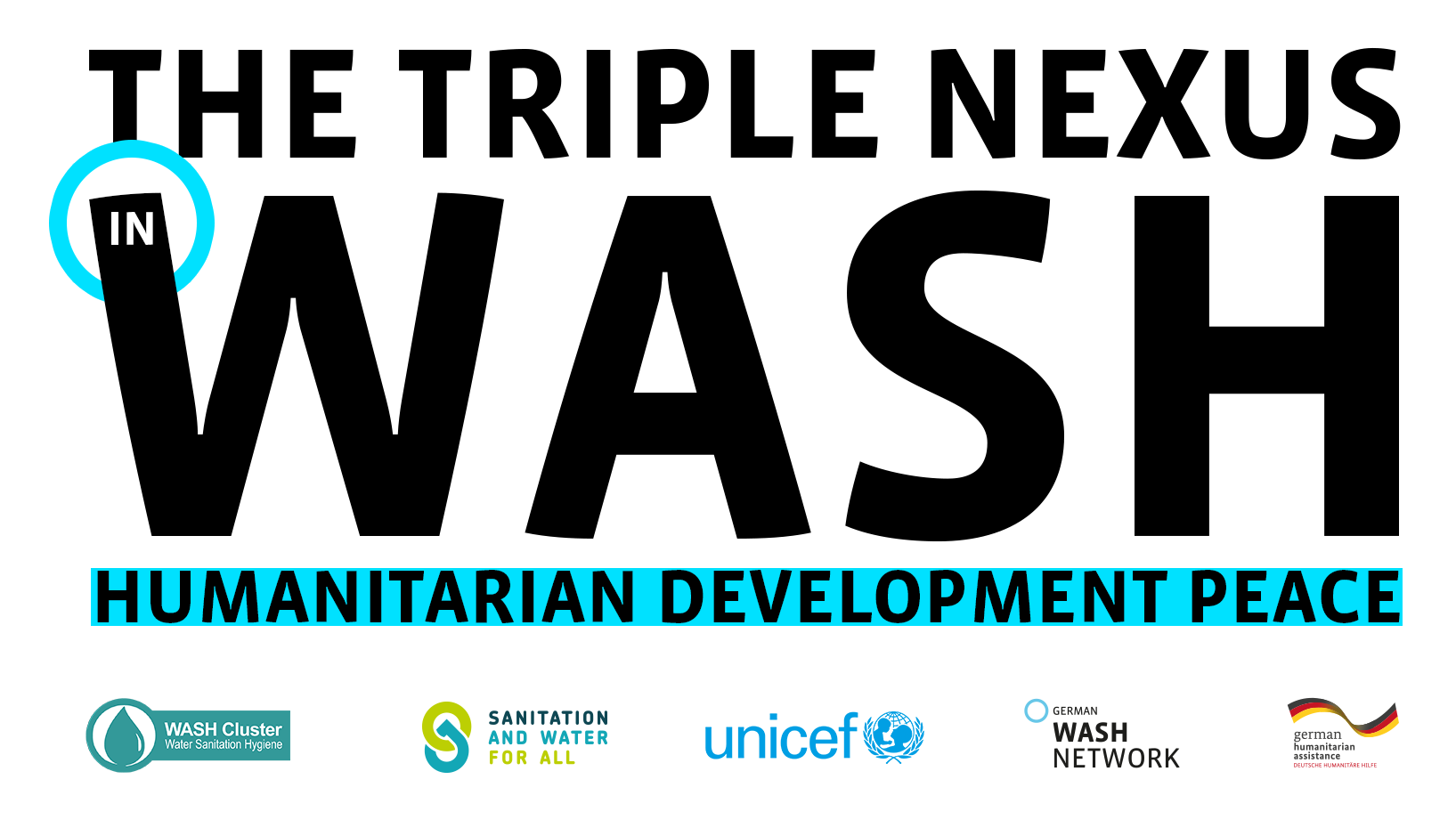
Regional Exchange Forum – Eastern and Southern Africa
Under the Humanitarian WASH Roadmap Initiative 3.5, co-chaired by Global WASH Cluster, UNICEF, Sanitation and Water for All (SWA) and the German WASH Network, a “Joint Operational Framework: WASH Resilience, Conflict Sensitivity and Peacebuilding” (JOF) is currently being developed. As stakeholder consultation is a key aspect of this process, WASH practitioners from the ES-Africa Region were invited to participate in the Regional Exchange on “Building WASH Resilience and Sustainability” to discuss the challenges they face and develop relevant policy recommendations to improve WASH service provision in contexts prone to protracted and recurrent crises.
The Regional Exchange Forum “Building WASH Resilience and Sustainability” consisted of a “practitioner stream”, feeding its results into a “high level roundtable event”. The practitioner stream was hosted and facilitated by Sign of Hope (German WASH Network member) with the support of the German Federal Foreign Office. The practitioner stream was a consultative process, involving 35 practitioners from five countries (Nigeria, Kenya, Rwanda, Uganda and South Sudan) via four preparatory meetings. Based on case studies and context presentations, the practitioners identified common challenges and good practices in relation to the HDP nexus. The participants of the practitioner stream developed five prioritized practice-to-policy recommendations. These were presented by designated spokespersons of the practitioner stream to a roundtable of 11 policy and decision makers from the region at a final event, held online on 2 March 2022. This high-level event was convened by the German WASH Network and strongly supported by UNICEF and its Eastern and Southern Africa Regional Office (ESARO). The report presents the 5 key recommendations and consolidates the feedback provided by the High-Level Roundtable.
| DOWNLOAD EVENT REPORT |
Agenda
13:00 – 13:05 – Introduction
- Thilo Panzerbieter – Chair of the German WASH Network, Co-Lead of the Triple Nexus in WASH Initiative
13:05 – 13:10 – Welcome remarks
- Sareen Malik – Vice Chair of Steering Committee of SWA, Executive Secretary of the African Civil Society Network for Water and Sanitation (ANEW)
13:10 – 13:20 – WASH triple nexus: what’s it all about?
- Tim Grieve – Independent Consultant, German WASH Network
13:20 – 14:20 – Challenges and solutions: Case studies from East and Southern Africa
- Representatives of the practitioner stream “Nexus Hubs” from Kenya, Nigeria, Rwanda, South Sudan and Uganda
14:20 – 14:45 Break
14:45 – 15:00 – Practice to policy: Key findings of the WASH triple nexus practitioner stream
- Representatives of the practitioner stream
15:00 – 16:15 – Operationalise the WASH triple nexus: High-level Round Table
- Dr. Callist Tindimugaya – Commissioner, Directorate of Water Resources Management, Ministry of Water and Environment, Uganda
- Sareen Malik – Vice Chair of Steering Committee of SWA, Executive Secretary of the African Civil Society Network for Water and Sanitation (ANEW)
- Neil Cole – Executive Secretary, Collaborative Africa Budget Reform Initiative (CABRI)
- Eng. Peter Njaggah Director Licensing, Standards & Advocacy, Water Services Regulatory Board Kenya (WASREB)
- Steven Mudhuviwa – Programme Manager Regional Open WASH Program (R-WASH), UNICEF
- David Githiri Njoroge – Senior Technical Coordinator for Uganda, UNHCR
- Barbara Schreiner – Executive Director, Water Integrity Network
- Damien Blanc – Regional WASH and Shelter & Settlements Coordinator, ECHO Nairobi
- Tadesse Kebebew – University of Geneva, Geneva Water Hub
- Dr. Eng Silver Mugisha – Managing Director, National Water & Sewerage Corporation, Uganda, Vice President of the Executive Board of African Water Association (AfWA) (tbc)
Facilitator: Sam Godfrey – Regional Advisor WASH, focal point Climate, Energy and Environment UNICEF, Eastern and Southern Africa Regional Office (ESARO)
16:15 – 16:25 – Final words
- Dr. José Schulz – Head of Division of Humanitarian Assistance – Operations, German Federal Foreign Office
16:25 – 16:30 – Closing
| REGISTRATION CLOSED |
Regional Host Africa (ESA)
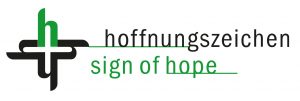
Supported by

A Contribution to the “Triple Nexus in WASH – Initiative”

Contact
Overall Coordination: Johannes Rueck
German WASH Network Coordinator
Johannes.rueck [at] washnet.de
Regional Host Asia: Arno Coerver
Malteser International

